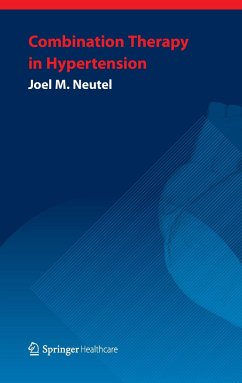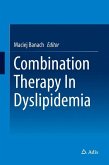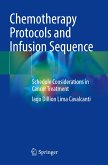For over 30 years, the stepped care approach has been used in the management and treatment of hypertension. This approach advocates the use of initial monotherapy to reach the desired blood pressure, and the subsequent use of additional drugs with complementary modes of action, until the target BP is achieved. However, current control rates for hypertension suggest that such an approach may be outdated and no longer effective in the management of hypertension. Clinical trials have shown that more than 50% of patients require a combination of drug therapies to achieve their target BP. Some proponents of combination therapy have argued that the risk of adverse side effects and non-compliance will be lower than that compared to monotherapy, which initially requires higher doses to be administered to be effective. Consequently, there have been increasing calls of the necessity for a much more combined approach in the treatment of hypertension. Adding to this, Combination Therapy in Hypertension will cover current control rates of blood pressure worldwide, the benefits of monotherapy and combination therapy, examine the effectiveness, risk of adverse effects, compliance, and cost of the available therapies and will also include information on relevant outcome studies.









